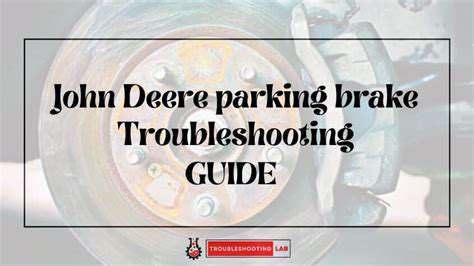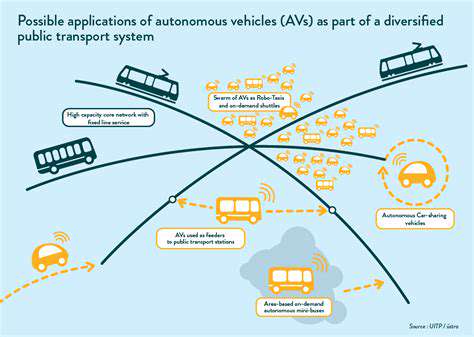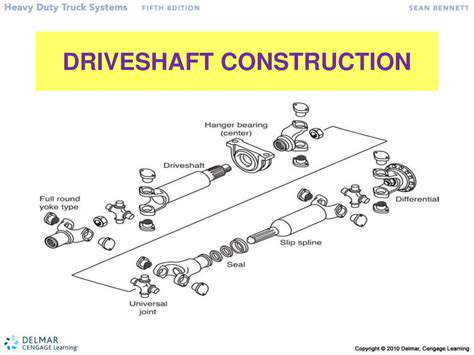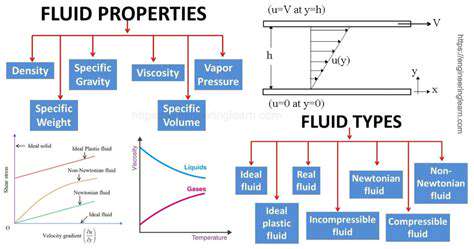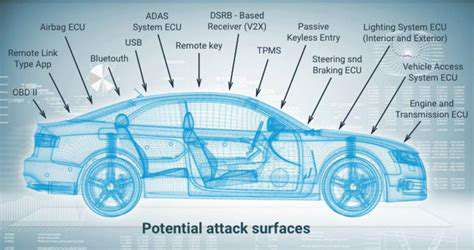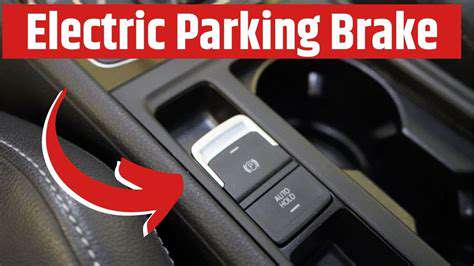
Identifying and Addressing Parking Brake Issues
Understanding Parking Brake Functionality
Many drivers underestimate the importance of their vehicle's parking brake, yet this mechanical system serves as a critical safety feature. Unlike the primary braking system, the parking brake operates independently, providing an extra layer of security when your car is parked. Whether you're on a steep hill or a level surface, this system uses brake shoes, cables, and a lever mechanism to keep your vehicle stationary. The team at Vehicle Safety Research Institute emphasizes that proper understanding and maintenance can significantly reduce parking-related accidents.
When neglected, parking brakes can fail, potentially leading to dangerous rollaway situations. Regular checks are not just recommended - they're essential for preventing catastrophic failures. Many modern vehicles incorporate electronic parking brakes, but the fundamental safety principles remain unchanged.
Common Parking Brake Problems
Parking brake systems can develop various issues over time. Among the most frequent problems are stretched or damaged cables that compromise the brake's effectiveness. These cables, which transmit force from the lever to the brakes, can become loose or frayed with extended use. Similarly, brake shoes - the components that physically contact the drum - wear down through normal operation.
Environmental factors also play a significant role in parking brake performance. Mechanic John Peterson notes, In colder climates, I see at least three vehicles weekly with frozen parking brakes due to moisture accumulation. Without proper lubrication, moving parts can seize, rendering the system inoperable.
Symptoms of a Malfunctioning Parking Brake
Recognizing warning signs early can prevent dangerous situations. Unusual noises when activating the brake often indicate component wear. A high-pitched squeal suggests worn shoes, while grinding points to metal-on-metal contact. The brake pedal or lever might feel different too - either too loose or unusually stiff.
Perhaps the most alarming symptom is vehicle movement when parked. If your car rolls even slightly on an incline with the parking brake engaged, stop driving it immediately, advises automotive safety expert Maria Gonzalez. This indicates complete system failure requiring urgent attention.
Troubleshooting Parking Brake Issues
Basic troubleshooting begins with a thorough visual inspection. Check cables for obvious damage and ensure proper routing. Examine the brake shoes for wear indicators. Many manufacturers provide inspection windows for this purpose. Always consult your vehicle's manual before attempting adjustments - specifications vary significantly between models.
For electronic parking brakes, diagnostic tools may be necessary to read error codes. Some systems require specific initialization procedures after maintenance. When in doubt, professional assistance ensures correct diagnosis and repair.
Parking Brake Maintenance Tips
Proactive maintenance dramatically extends parking brake lifespan. Apply high-temperature grease to moving parts annually, focusing on pivot points and cable ends. During tire rotations, inspect visible components for wear. In snowy regions, periodically engage and release the brake during winter storage to prevent freezing.
Following the manufacturer's maintenance schedule isn't just good practice - it's often required to maintain warranty coverage. Document all servicing for future reference. For vehicles with integrated parking brakes (where the system shares components with service brakes), follow pad replacement intervals strictly.
When to Seek Professional Help
While some maintenance tasks are DIY-friendly, complex issues demand professional expertise. Signs requiring mechanic intervention include complete brake failure, leaking hydraulic components (on integrated systems), or electronic system warnings. Modern vehicles often need specialized tools for parking brake servicing that most home garages lack.
Remember that parking brake repairs often involve critical safety components. What seems like a simple cable adjustment might reveal deeper brake system issues, warns master technician Robert Chen. Investing in professional service today can prevent expensive repairs and dangerous failures tomorrow.
